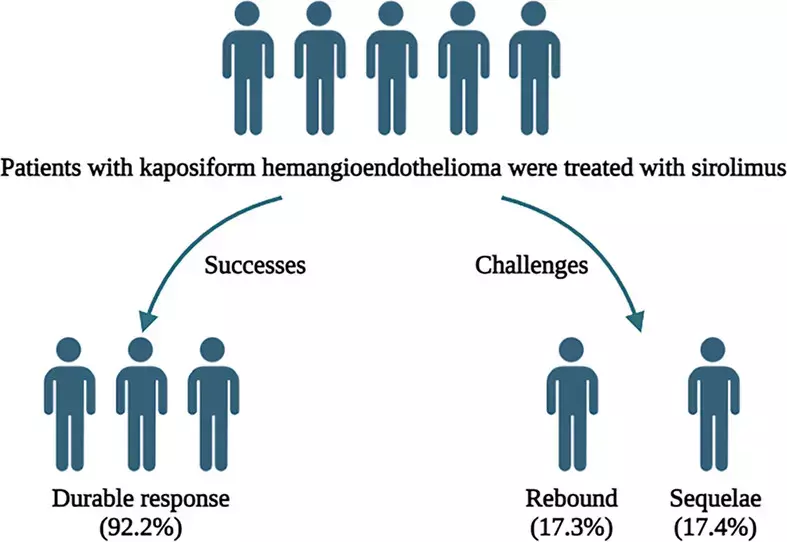- Home
- Medical news & Guidelines
- Anesthesiology
- Cardiology and CTVS
- Critical Care
- Dentistry
- Dermatology
- Diabetes and Endocrinology
- ENT
- Gastroenterology
- Medicine
- Nephrology
- Neurology
- Obstretics-Gynaecology
- Oncology
- Ophthalmology
- Orthopaedics
- Pediatrics-Neonatology
- Psychiatry
- Pulmonology
- Radiology
- Surgery
- Urology
- Laboratory Medicine
- Diet
- Nursing
- Paramedical
- Physiotherapy
- Health news
- Fact Check
- Bone Health Fact Check
- Brain Health Fact Check
- Cancer Related Fact Check
- Child Care Fact Check
- Dental and oral health fact check
- Diabetes and metabolic health fact check
- Diet and Nutrition Fact Check
- Eye and ENT Care Fact Check
- Fitness fact check
- Gut health fact check
- Heart health fact check
- Kidney health fact check
- Medical education fact check
- Men's health fact check
- Respiratory fact check
- Skin and hair care fact check
- Vaccine and Immunization fact check
- Women's health fact check
- AYUSH
- State News
- Andaman and Nicobar Islands
- Andhra Pradesh
- Arunachal Pradesh
- Assam
- Bihar
- Chandigarh
- Chattisgarh
- Dadra and Nagar Haveli
- Daman and Diu
- Delhi
- Goa
- Gujarat
- Haryana
- Himachal Pradesh
- Jammu & Kashmir
- Jharkhand
- Karnataka
- Kerala
- Ladakh
- Lakshadweep
- Madhya Pradesh
- Maharashtra
- Manipur
- Meghalaya
- Mizoram
- Nagaland
- Odisha
- Puducherry
- Punjab
- Rajasthan
- Sikkim
- Tamil Nadu
- Telangana
- Tripura
- Uttar Pradesh
- Uttrakhand
- West Bengal
- Medical Education
- Industry
Low-Dose Sirolimus as Effective as High-Dose for Kaposiform Hemangioendothelioma Treatment, suggests study

Researchers have found in new research that low-dose sirolimus is noninferior to high-dose sirolimus in the treatment of Kaposiform Hemangioendothelioma (KHE), suggesting that lower doses may be a viable treatment option.
It remains unknown whether low-dose sirolimus can replace high-dose sirolimus for the treatment of kaposiform hemangioendothelioma (KHE) without the Kasabach–Merritt phenomenon (KMP). A study was done to evaluate the noninferiority and safety of low-dose versus high-dose sirolimus in Kaposiform Hemangioendothelioma patients.
This randomized, multicenter, open-label, noninferiority trial was conducted from February 2021 to August 2022. Participants received either a low-dose sirolimus regimen (blood trough concentration 5-8 ng/mL) or a high-dose sirolimus regimen (blood trough concentration 10-15 ng/mL). The primary endpoint was the difference in the proportion of patients between groups who achieved an objective response, defined as a ≥20% reduction in Kaposiform Hemangioendothelioma volume at month 12.
Results: In this study, 39 were in the low-dose group, and 40 were in the high-dose group. At 1 year of treatment, 90.0% in the high-dose group and 89.7% in the low-dose group achieved an objective response (difference, 0.3%; 95% confidence interval -13.1 to 13.6). The incidences of total adverse events (AEs) and serious adverse events were similar between the two groups, but respiratory, skin and mucosal adverse events were less common in the low-dose group.
Low-dose sirolimus is noninferior to high-dose sirolimus in treating Kaposiform Hemangioendothelioma.
Reference:
Efficacy and Safety of High- vs Low-Dose Sirolimus in Patients with Kaposiform Hemangioendothelioma: A Randomized Clinical Trial Zhou, Jiangyuan et al. Journal of the American Academy of Dermatology, Volume 0, Issue 0
Dr. Shravani Dali has completed her BDS from Pravara institute of medical sciences, loni. Following which she extensively worked in the healthcare sector for 2+ years. She has been actively involved in writing blogs in field of health and wellness. Currently she is pursuing her Masters of public health-health administration from Tata institute of social sciences. She can be contacted at editorial@medicaldialogues.in.
Dr Kamal Kant Kohli-MBBS, DTCD- a chest specialist with more than 30 years of practice and a flair for writing clinical articles, Dr Kamal Kant Kohli joined Medical Dialogues as a Chief Editor of Medical News. Besides writing articles, as an editor, he proofreads and verifies all the medical content published on Medical Dialogues including those coming from journals, studies,medical conferences,guidelines etc. Email: drkohli@medicaldialogues.in. Contact no. 011-43720751


